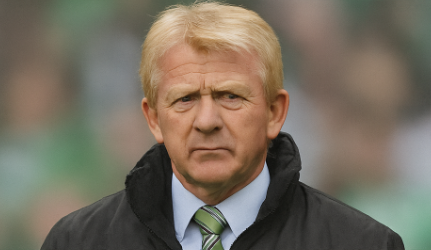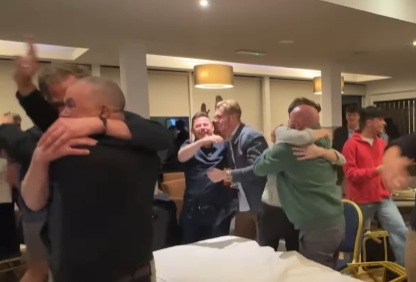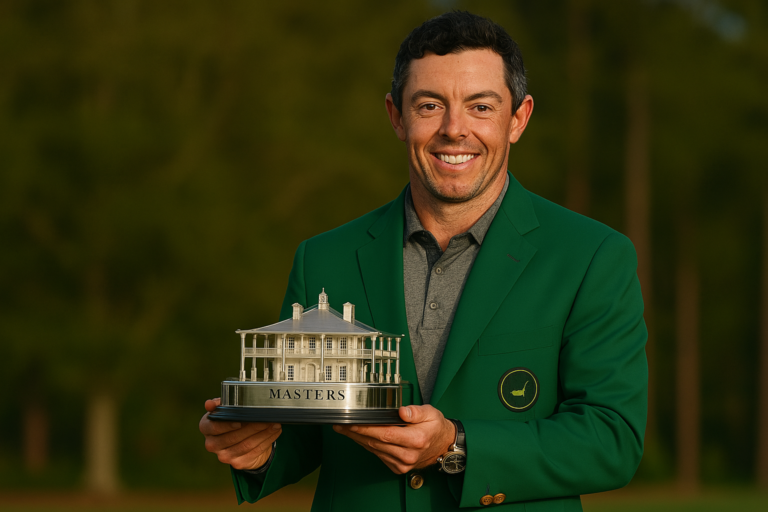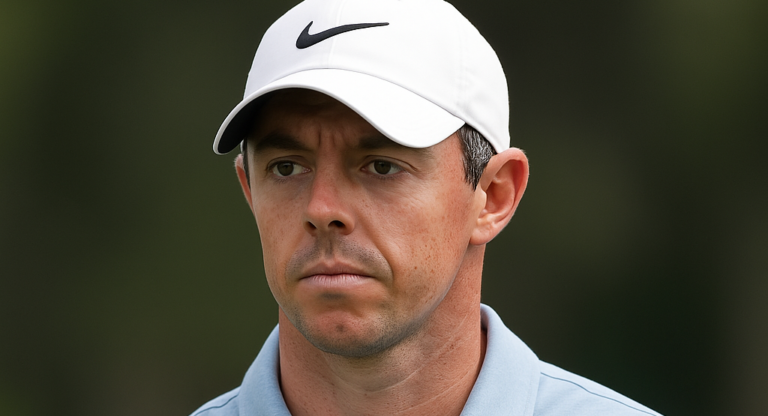
Gordon Strachan, the former Celtic and Scotland manager, has recently opened up about his complicated relationship with Irish footballer Aiden McGeady, expressing a desire to reconcile after their difficult clashes during their time together at Celtic.
Strachan, known for his sharp management style, worked with McGeady during his tenure as Celtic manager between 2005 and 2009. During this period, McGeady, who was then a young and talented winger, had a challenging relationship with Strachan. The pair’s differences were widely reported, with Strachan’s tough-love approach clashing with McGeady’s free-spirited nature on the field.
Tension on the Sidelines
During their time at Celtic, McGeady was a standout player, contributing to the team’s domestic success and European campaigns. However, it was also a period marked by several disagreements between the player and manager. Strachan’s tactical decisions, including his preference for a more disciplined and collective style of play, were often at odds with McGeady’s flair and individuality. This led to tensions that were occasionally visible to fans and media alike.
In his recent reflection, Strachan admitted that he was perhaps too tough on McGeady at the time, noting that his demanding management style may have contributed to the strained relationship. He acknowledged that while his approach was meant to push McGeady to be better, it might have been too intense for the young player, who was still finding his feet in the professional game.
“I was hard on him, there’s no denying that,” Strachan said in an interview. “But as a manager, you sometimes think that’s the way to get the best out of players. Aiden was a tremendous talent, and I wanted him to reach his full potential. I may have gone about it the wrong way at times.”
A Change of Perspective
As the years have gone by, Strachan has gained a more balanced perspective on his time with McGeady, recognizing the winger’s immense talent and contribution to Celtic’s successes. McGeady played a key role in Celtic’s 2008-2009 league title win, and Strachan now sees that McGeady’s creative style of play was essential to the team’s dynamic, even if it didn’t always fit within Strachan’s more structured plans.
“I’ve always respected his ability. He could do things that few players could, and he had the potential to be one of the best. I realize now that I should have found a better way to communicate with him, rather than just trying to force him into a system,” Strachan admitted.
A Desire to Move Forward
In his most recent comments, Strachan expressed hope for a reconciliation with McGeady, who went on to have a successful career with clubs like Spartak Moscow and Everton, as well as becoming a mainstay in the Irish national team. Strachan has made it clear that, despite the past difficulties, he would like to bury the hatchet and perhaps even have a conversation with McGeady.
“I would love to sit down with him and talk about the past. Football can be a tough environment, and things can get lost in translation. If we had the chance to talk now, I think we would both see things differently,” Strachan said.
Though McGeady has not yet publicly responded to Strachan’s comments, it’s clear that both men have matured over the years and have gained a more nuanced understanding of each other’s roles in their Celtic journey. Whether or not a reconciliation happens remains to be seen, but Strachan’s willingness to acknowledge his past mistakes and seek closure speaks volumes about his growth as both a manager and a person.
Looking Ahead
As Gordon Strachan reflects on his career and the relationships he built with players, it’s clear that his time at Celtic was not just about trophies and titles; it was also about the lessons learned from managing high-caliber talents like McGeady. For Strachan, the experience with McGeady has become a part of his legacy—a reminder that in the high-stakes world of football, a little empathy and understanding can go a long way toward building stronger bonds.
In the end, it seems that Strachan’s perspective on leadership has evolved, as he recognizes that sometimes, a manager’s greatest challenge is not in achieving success but in fostering the right kind of relationships that help players grow, both on and off the field.


